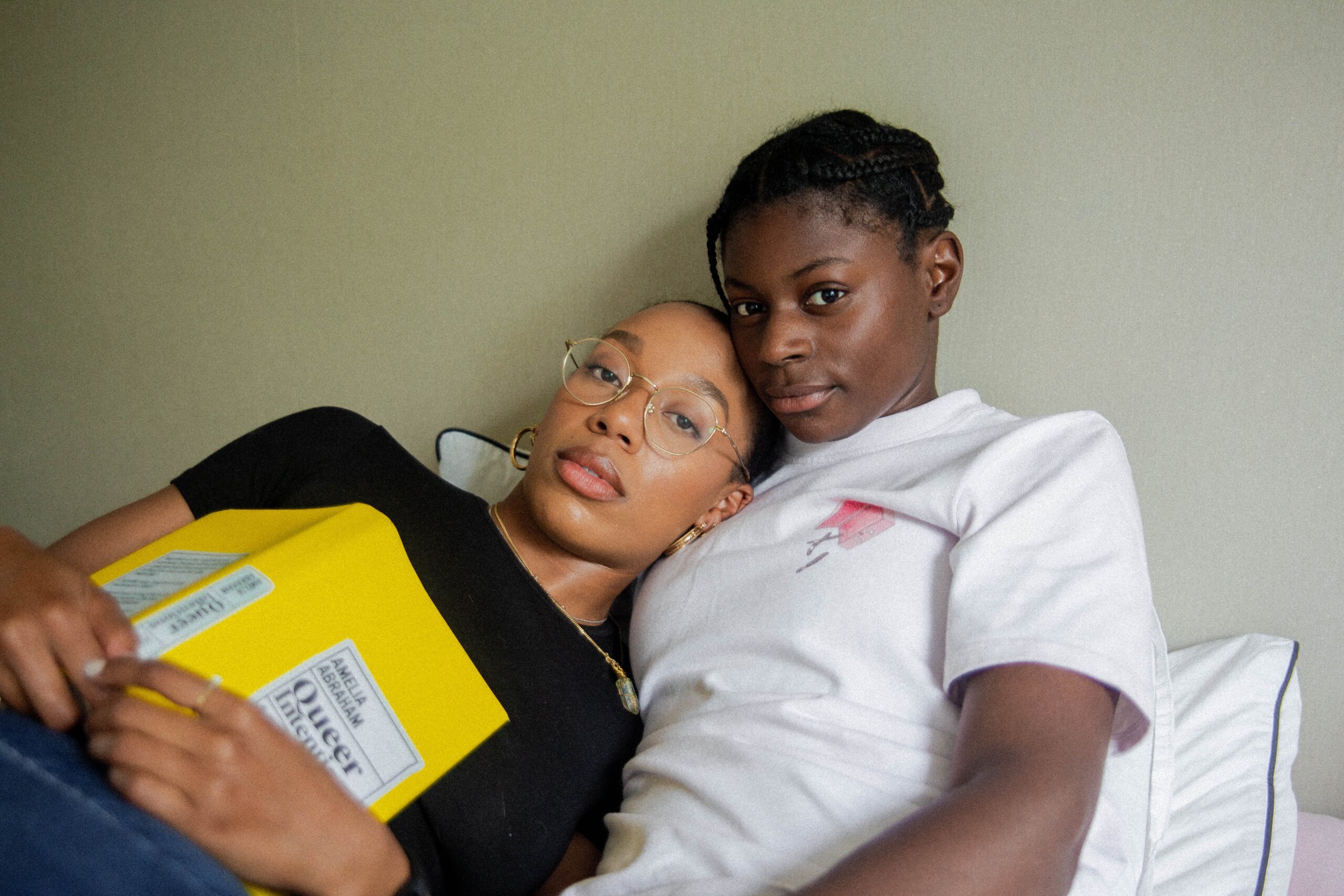On January 6, 2023, fashion model Edwin Chiloba was murdered by his lover, Jacktone Odhiambo. Chiloba was a Kenyan fashion model and a Lesbian, Gay, Bisexual, and Transgender (LGBT) activist. The ugly incident placed the issues affecting the LGBT community on center stage, drawing condemnation from rights campaigners.
Although Chiloba’s murder was reportedly unconnected to his sexuality, as earlier thought, his death came with homophobic slurs on social media. Such slurs represent a high intolerance of the LGBT community in a country where homosexuality is deemed ‘ungodly’. The LGBT community in Kenya lives under constant fear of physical and online attacks, with most unable to express themselves openly. The fact that homosexuality is illegal in Kenya exacerbates attacks on the group.
Ending discrimination within the LGBT community in Kenya must start with decriminalizing homosexuality. The process must also involve dispelling negative social attitudes toward homosexuality through education. Therefore, a paradigm shift is needed to ensure that LGBT rights are mainstream through awareness and public education. Further, LGBT activists must organize peaceful demonstrations and workshops to push their demands proactively.
The Kenyan constitution remains one of the main hindrances to achieving freedom and rights for the LGBT community. The laws maintain relics of the outdated penal code adopted from the Independence Constitution that criminalizes homosexuality. In particular, section 162 of the constitution criminalizes “carnal knowledge against the order of nature”. Human rights groups interpret that portion to mean sexual relations among same sex. Similarly, section 163 criminalizes “indecent practices between males,” and Section 165 criminalizes “unnatural offenses’’ punishable by a 14-year jail sentence. These sections of the constitution restrict the freedom of Kenya’s homosexuals.
For LGBT activism to become mainstream in Kenya, the LGBT community must not wait for horrible events like that of Chiloba to fight the system.
Despite the litigation efforts by groups to pressure the nullification of the penal code through the courts, their efforts have yet to be fruitful. In fact, on May 24, 2019, a Kenyan high court upheld the disputed sections of the constitution. The judges unanimously ruled that they had not seen sufficient evidence of discrimination caused by the laws. , They also indicated that the penal codes were constitutional because they represented the values and views of the country.
According to the Pew Research Center report of 2020, countries that have a higher acceptance rate of homosexuality among the public have had significant changes in their law. For instance, the public acceptance rate in South Africa is 54 percent, and 72 percent in the United States. These acceptance rates are relatively higher than Kenya’s 14 percent and other African countries where homosexuality is illegal.
In 2022, Kenya’s president told CNN’s Christiane Amanpour in an interview that homosexuality is not crucial to Kenya. Sadly, most parliamentarians share the president’s sentiment and consider it ‘un-African’. The president must lead from the front in ending anti-LGBT discrimination. He must avoid public comments denigrating lesbian, gay, bisexual, or transgender people. Instead, he should publicly support legislation prohibiting discrimination, such as scrapping the penal codes that discriminate against the LGBT community in Kenya.
The low acceptance rates show that most Kenyans still do not see a place for homosexuality in the country. As long as public acceptance remains low, no amendment to the constitution in Kenya or changes favoring gay rights can happen. A sustainable change would require public support and the commitment of politicians to end anti-LGBT rhetoric.
Interestingly, the Kenyan Ministry of Health (MOH) has pushed for LGBT-friendly clinics. As such, the anti-homosexual stance adopted by politicians might be a case of ignorance or a political tool to earn votes in a highly religious country. Regardless, MOH and the Kenya National Commission on Human Rights need to educate parliamentarians on the rights of sexual minorities.
Equally, the role of a proactive civil society organization in Kenya needs to intensify. In South Africa, civil society groups such as the Organization of Lesbian and Gay Activists (OLGA) lobbied the South African government to include protections for LGBT people in the new constitution. OLGA proactively raised awareness of gay and lesbian rights by organizing public events, peaceful demonstrations, meetings, and workshops. These measures pressured the government to make amendments to the constitution.
Similarly, the National Gay and Lesbian Human Rights Commission of Kenya (NGLHRC) must proactively pressure the Kenyan government into making amendments to protect the LGBT community. The NGLHRC must emulate OLGA by organizing peaceful demonstrations and holding aggressive social media campaigns to create awareness. The NGLHRC must also work hand in hand with media personalities and social media influencers who identify with the community to influence social attitudes and perceptions of LGBT in Kenya.
For LGBT activism to become mainstream in Kenya, the LGBT community must not wait for horrible events like that of Chiloba to fight the system. Instead, they should be ever-present to demand a free Kenya.
David Marii is a writing fellow at African Liberty.
Photo by Shingi Rice on Unsplash.

